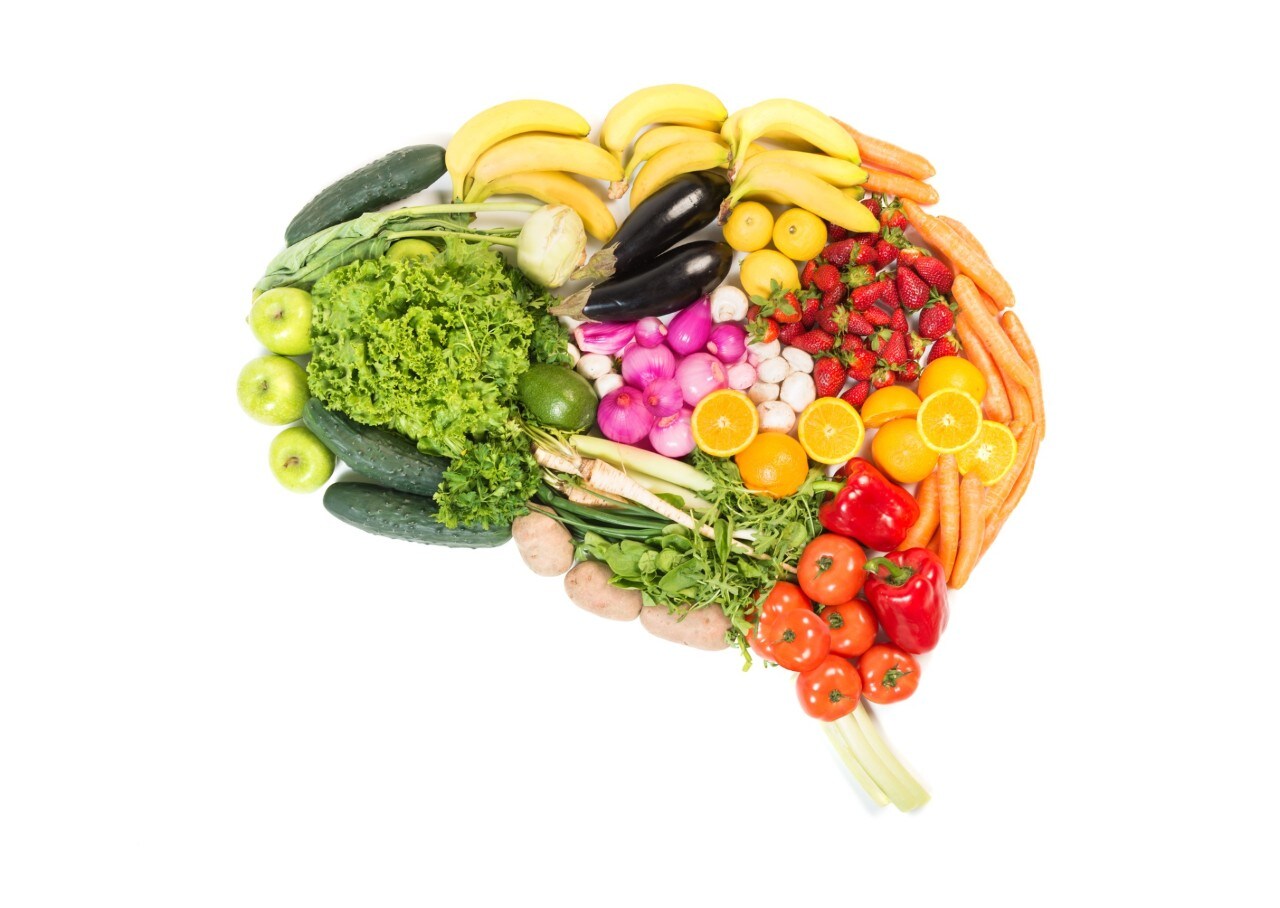
Video: From Daughter to Mother – A Conversation about Nutrition
How do kids feel about nutrition? Hear what 10-year-old Olivia has learned from her mom, registered dietitian and chef, Abbie Gellman.
Every mamma-to-be knows that eating well during pregnancy is essential for feeling good and giving your baby a head-start in life. In addition to providing nutrients for you and your baby, a nutritious diet also helps to optimize your gut microbiome.
Our microbiome is a complex ecosystem of bacteria, viruses and microbes that colonize our skin, mouth and gut. With approximately 40 trillion bacteria inside every one of us, our microbiome is believed to have a significant impact on our health and wellbeing. (1) Although our microbiome is continually changing based on age, stress, illness, our environment and the food we eat, we share our microbiome with a growing baby, which plants the seeds for baby’s future microbiome.
Remember though, that probiotic supplements alone won’t undo the damage done by a poor diet, so focus on choosing nutritious foods, limiting sugar and bad fats, gaining appropriate amounts of weight and speak to a prenatal dietitian or your obstetrician if you require additional assistance or are looking to add a daily probiotic supplement to your diet.
Follow Quality for Life on Facebook @QFLHealth to hear the latest nutrition tips, trends and research from leading experts.
References

How do kids feel about nutrition? Hear what 10-year-old Olivia has learned from her mom, registered dietitian and chef, Abbie Gellman.

In 2017, DSM received two A ratings for climate change and water. There were only 25 companies worldwide that achieved a double A-rating. Learn more about DSM’s sustainability efforts.

Food manufacturers are now required to list vitamin D content on their labels. So now you can see how much you're getting from your food. And it probably isn't enough. Learn more from the Cleveland Clinic’s Dr. Michael Roizen.

Research continues to demonstrate that the gut microbiome can impact digestive function, immune function and even mood. Read more to learn how you can optimize your digestive tract.

Vitamin deficiencies may be more prevalent in the U.S. than you may have thought. New research suggests nearly a third of U.S. adults may be at risk of deficiency for at least one vitamin.

Registered dietitian and accomplished author Elizabeth Somer shares how to protect your eyes from the sun and during screen time.

When it comes to selecting the top nutrients for brain health, there are 5 that you don’t want to forget.

Translating brand logos and taglines into meaning and value can be overwhelming. That’s why we created the Quality for Life principles that guide our Quali® brand-nutrients.

If you’re pregnant or thinking about getting pregnant, you probably have heard – take folic acid.

Vitamin K is well known for its role in blood clotting but many may not realize that it also linked to bone and heart health.
05 September 2019

How do kids feel about nutrition? Hear what 10-year-old Olivia has learned from her mom, registered dietitian and chef, Abbie Gellman. Read More

In 2017, DSM received two A ratings for climate change and water. There were only 25 companies worldwide that achieved a double A-rating. Learn more about DSM’s sustainability efforts. Read More

Food manufacturers are now required to list vitamin D content on their labels. So now you can see how much you're getting from your food. And it probably isn't enough. Learn more from the Cleveland Clinic’s Dr. Michael Roizen. Read More

Research continues to demonstrate that the gut microbiome can impact digestive function, immune function and even mood. Read more to learn how you can optimize your digestive tract. Read More

Vitamin deficiencies may be more prevalent in the U.S. than you may have thought. New research suggests nearly a third of U.S. adults may be at risk of deficiency for at least one vitamin. Read More

Registered dietitian and accomplished author Elizabeth Somer shares how to protect your eyes from the sun and during screen time. Read More